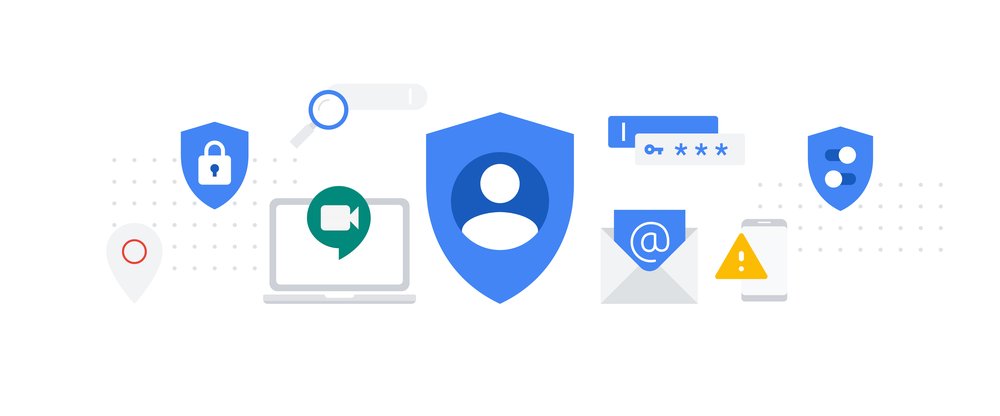Life has been made easier thanks to Google. The search engine allows us to find answers to anything. A Google search is the first thing we do if we want to know or find something. The rapid increase in the number of internet users has also led to an increase in online fraud.
It seems like scammers come up with new ways to steal money from bank accounts every day. They have now devised a new method of cheating people who search for information on Google.

Incidents from real life
Here are two incidents in which customers lost their money by calling fake customer service numbers of reputed companies.
Case 1- A woman lost Rs 17, 286 after calling a fake customer service number for Zomato.
A woman placed an order on Zomato and subsequently canceled it. She tried to locate the customer care number of Zomato to get a refund for her canceled order. She searched on Google for the customer care number since she couldn't find it on the official website.
This number appeared to be the genuine customer care number so she called it up. The fraudster who answered the phone introduced himself as a Zomato customer care executive who would assist her in getting a refund.
It was required that she download a mobile app to get the refund. Her bank account was debited of Rs 17,286 after she downloaded the app. It was the Remote Access app she had to download. She was asked to grant certain permissions. Fraudsters gained complete control over her phone after she granted permissions
Case 2- A man lost Rs 96,000 by calling a fake Google Pay customer care number.
In Mumbai, a man had trouble paying the electricity bill through Google Pay, so he contacted customer support. Because he did not know the Google Pay customer care number, he used Google to look it up.
He called the number that popped up on Google. Unfortunately, cyber fraudsters had posted the number as the Google Pay customer service number. The person who answered the phone identified himself as the customer service executive of Google Pay. He requested that the victim clicks on the collect request sent to him. A debit of Rs 96,000 was made to his account shortly after he clicked the link.
Also Check: On lookout for jobs, three men duped online

How to avoid this fraud -
1. Do not call the number shown on a Google search. Check the official website of the company instead.
2. Do not divulge your personal information to anyone over the phone. In no case will a bank or a reputed company ask for your personal information like your card number, CVV, or OTP over the phone.
3. You shouldn't let a stranger guide you through the mobile app installation process. If he requests to modify your mobile settings, it might be a scam.
4. The use of digital escrow platforms for payments is recommended. When you make an online payment with Escrow, no financial information is shared. There is a platform for escrow called Vouch.
How does digital escrow work?
In digital escrow, a third-party account holds the money deposited by the buyer until the seller fulfills the terms of the contract. The escrow company supervises the transacting parties.
What is the role of Digital Escrow in preventing online fraud in India?
Digital escrow services are offered by many companies in India. Among the most trusted is Vouch.
Vouch’s Digital Escrow service is a transparent way for buyers and sellers to build trust and secure a clean transfer of product and payment. Sellers can feel assured that they will be fairly compensated promptly, and buyers will feel confident that their order will be delivered as expected and on schedule. Vouch Digital Escrow keeps you updated and informed at every step of the transaction process till the end. Vouch’s professionals are always available to assist you with all queries that you may have during the entire transaction process.
There is no scope for deceit or fraud since the payments, shipping, delivery, and execution are carried out under the honest and watchful eyes of the Vouch’s professionals. With Vouch, any business transaction becomes transparent, uncomplicated, and hassle-free. If you ever come across a fraudster asking for OTP, asking you to scan a QR code, or asking you to click on phishing links, you can simply refuse and ask him/her to proceed with the transaction through Vouch.
This is Fraud Story #150. Check back here for more fraud stories and scams that you can protect yourself from.
Safety is not just about protecting your credit, debit card number, and UPI accounts. It's about having control of your money till you've received the product or service you bought online!
Note: This is a good-faith initiative to educate the world about avoiding frauds like these and how to act when you're becoming a victim of such a situation.
Do you have a fraud you would like to report? Please write to us at letstalk@iamvouched.com






